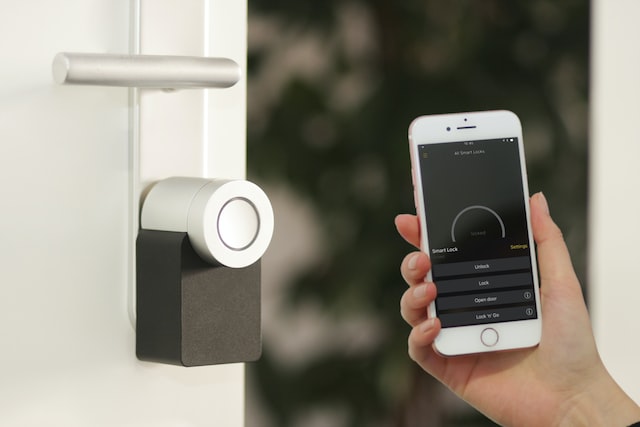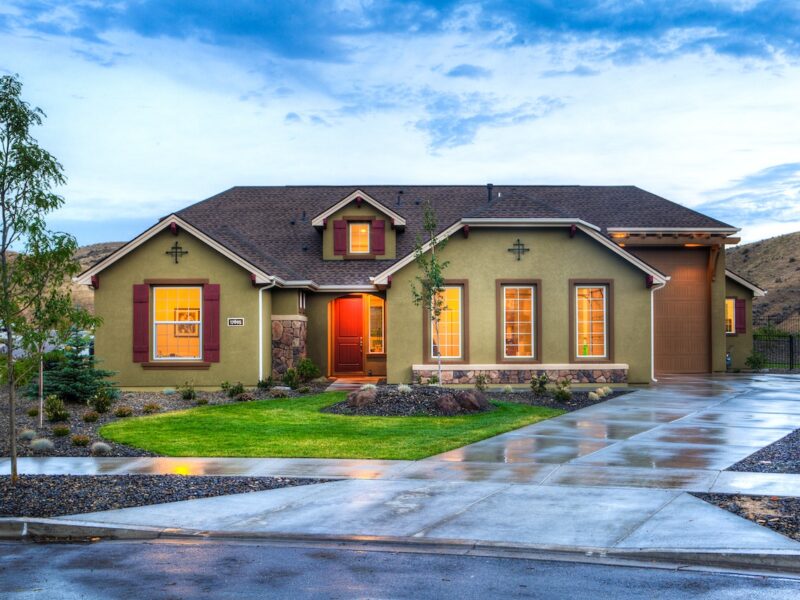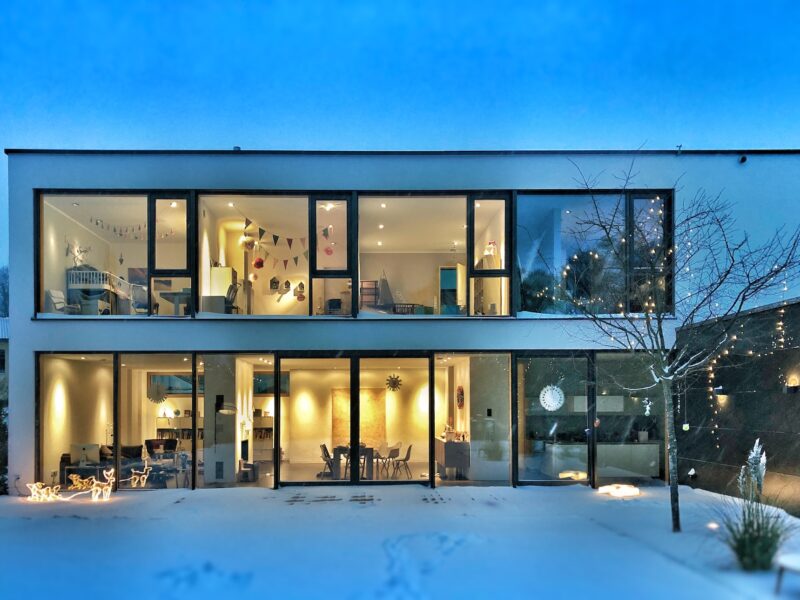Are smart homes really the wave of the future? Many people seem to think so, but there are actually quite a few problems with them that need to be considered before making the switch. From security concerns to simply not being as convenient as they claim, here are some of the biggest issues with smart homes.
Lack of privacy – your smart home knows everything about you, from when you’re home to what temperature you like your house
With the linked and interconnected nature of our homes through advances in technology, there is now a major concern surrounding privacy. Smart homes are constantly collecting data on us – from when we are home to preferred temperature settings and more. As convenient as this technology is, it could have huge implications to our right to privacy. Not only could this data be tracked and shared with third parties, but for those with heightened concerns about security it may mean having to sacrifice the convenience of these technologies for an extra layer of safety. It’s clear that sensible regulations must be put in place to protect people from having their data (and therefore their privacy) compromised .
They can be hacked – if someone gains access to your smart home system, they could control everything in your house
Smart home systems are amazing tools for convenience and efficiency, but can also be dangerous if someone gains access to your system. It’s important to be aware of the potential risks associated with smart home appliances; after all, a hacker could change the temperature settings in your house, unlock the doors, or even turn off the lights while you’re away. While having a smart home can be incredibly useful, protecting yourself should always be your priority. Taking proactive steps such as ensuring safe Wi-Fi passwords and changing them regularly is essential in order to keep your home secure from unwanted guests.
They’re expensive – setting up a smart home can be costly, and often requires buying new devices
Living a connected lifestyle, with the latest and greatest smart home gadgets can be a luxurious experience. However, it often comes with a steep cost. While upgrading conveniences such as lighting, security and climate control are attractive options, they all require buying new devices which can take a significant bite out of any budget. Smart home investments should always be weighed against potential savings later on with reduced energy and maintenance costs. News technologies also bring added benefits such as smart device integration – enhancing user experience with wireless technology and allowing for customized solutions that add value to everyday life. With careful consideration, upgrading to the world of connected living can be an affordable reality.
They require maintenance – like any other technology, smart homes need to be updated and maintained regularly
Smart homes may be an asset now, but to remain ahead of the curve, they must receive regular maintenance. Security patches and updates from technology providers ensure that connected products are working properly and keeping up with pressures from malicious cybercriminals. Additionally, by regularly updating software, homeowners can enjoy the most up-to-date features provided by smart home vendors and reduce the probability of experiencing a bug or malfunction when using their products. Taking the initiative to maintain smart homes is a wise decision, as it helps secure occupants’ safety while ensuring they can continue to enjoy their investment in this revolutionary home automation technology.
They’re not perfect – sometimes things just don’t work the way they’re supposed to
We all have moments where we need something to work right, but it doesn’t. Technology fails to perform its basic function, friends forget to show up, the list can go on and on. We don’t often dwell much on this inevitability but it stands true- nothing is perfect and real life just doesn’t always run according to plan. It can be tough not to feel frustrated when things don’t work out, but embracing that situations are sometimes imperfect helps us stay flexible and leads us out of uncomfortable places. Knowing when something isn’t working is the first step towards finding a proper solution for the problem!
Smart homes are becoming increasingly popular, but they’re not perfect. There are a few things you should keep in mind before setting up your own smart home, including the lack of privacy, potential for hacking, and cost. Additionally, smart homes require regular maintenance to keep everything working properly. Despite their imperfections, smart homes offer a lot of convenient features that make everyday life easier. Have you set up a smart home? What are your thoughts on it?


